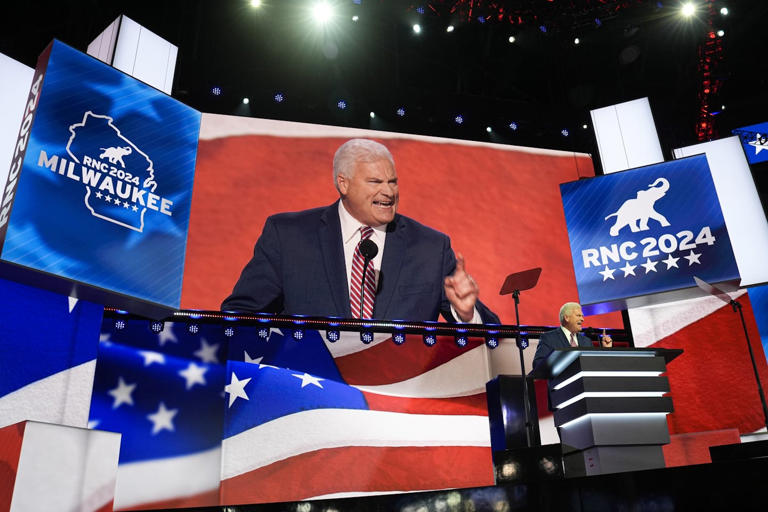EmptyWheel has some discussion of possible negotiator conflicted interests in the negotiations the US had with Iran prior to the decision to go to war. Speculation about Iranian world gas reserves, and the current market situation are a part of that post and commentary. And it all is guesswork. Inferences, about possibilities. Hard evidence might be hard to come by.
See, also: https://www.qatarenergy.qa/en/MediaCenter/Pages/newsdetails.aspx?ItemId=3892 and- https://energy-oil-gas.com/news/us-lng-exports-outpace-qatar-in-landmark-year-for-natural-gas/
https://en.wikipedia.org/wiki/Liquefied_natural_gas
Fat city, for US fossil fuel firms. Trump presumably would not be troubled by such an outcome, short term, mid term, long term. And what of potential investors, if any, having advanced insider knowledge of the Israeli-US war initiation timing? What they, if any, might have been expected by you to have done, in energy markets?
As earlier noted, hard evidence might exist, but it would be hard to unearth.
Expect US pump prices to show an effect.
____________UPDATE____________
One firm: https://www.reuters.com/company/venture-global-inc/
There are several recent (this year, so far) items there, and beyond that, what do I know? Beyond:
That fact flew under Crabgrass attention levels until now. Yours too?
The potential profitable avenues of those making good bets, or having insider knowledge of ongoing Israel-US planning leading to the strikes, are staggering.
Who knew?
FURTHER: https://www.theguardian.com/business/2025/dec/04/venture-global-shares
That item is dated Dec. 4, 2025. So, how long were Bibi and Trump - their people - talking in secret of plans for this now-upon-us Iran war? Who knew? A mere three months ago, until today.
And that's just one fairly new public firm, with its IPO traceable, and with SEC filings.
Not that I'd care. Somebody might.
FURTHER: Supply and Demand, per the Crabgrass Econ 101 understandings, is that if you take US gas out of the US as LNG, then the demand, worldwide, goes up, and a new price balance point is reached, where we consumer - citizen - voters in the US pay more to heat our homes. That means Trump and his people have the billionaire energy industry players more in mind, than us. We should vote our best interests, shouldn't we? Prove me wrong. LNG is capital intensive, not labor intensive, so, job growth might be minimal. Exact economics are for Congress persons to figure out, because staff people on Capitol Hill are brighter and have more at stake, than me.
Especially the Democrats. Who are still processing being at war with Iran, and all of the implications. And there are mere months until the next election, so hope they work fast and in our interests.
Who, stateside, has uncontracted excess LNG capacity, ready to meet current and near term demand, with Qatar paused?
FURTHER: Again, what do I know? For the hell of it, two or three nations, what/where are they?
try search = "Singapore LNG" or "Ireland LNG" or "Norway LNG".
Just a stab in the dark. Are they even players? They are further shipping points from Qatar large scale LNG shipping compared to Mediterranean nations, but, again, what do I know? Qatar might not ship through Suez as much as open ocean.
I do not know the LNG market details, pricing, supply and demand. But this war does tug along a few profit and loss dimensions. Which I can only guess at.
Others know. In upcoming days we may hear more.
If regime change does somehow happen in Iran, all is on the table. They've got gas reserves out of the wazzoo, but appear to not be current big LNG players. Ripe for plucking. LNG is capital intensive. Sharks smell blood at a distance.
FURTHER: America First. That's a slogan, not a fact-intensive thing. Simply for example, the America of paycheck-to-paycheck people Bernie cares about, heating their homes in the winter with natural gas, whatever it costs, or another America to be First; the oligarch class that Bernie and AOC toured to warn us about? Which, for Trump, is First. And how distant is second? Way back there?
The paycheck-to-paycheck America cannot give Trump piles of money. That might be a factor at play. What would Smedley Butler say?

